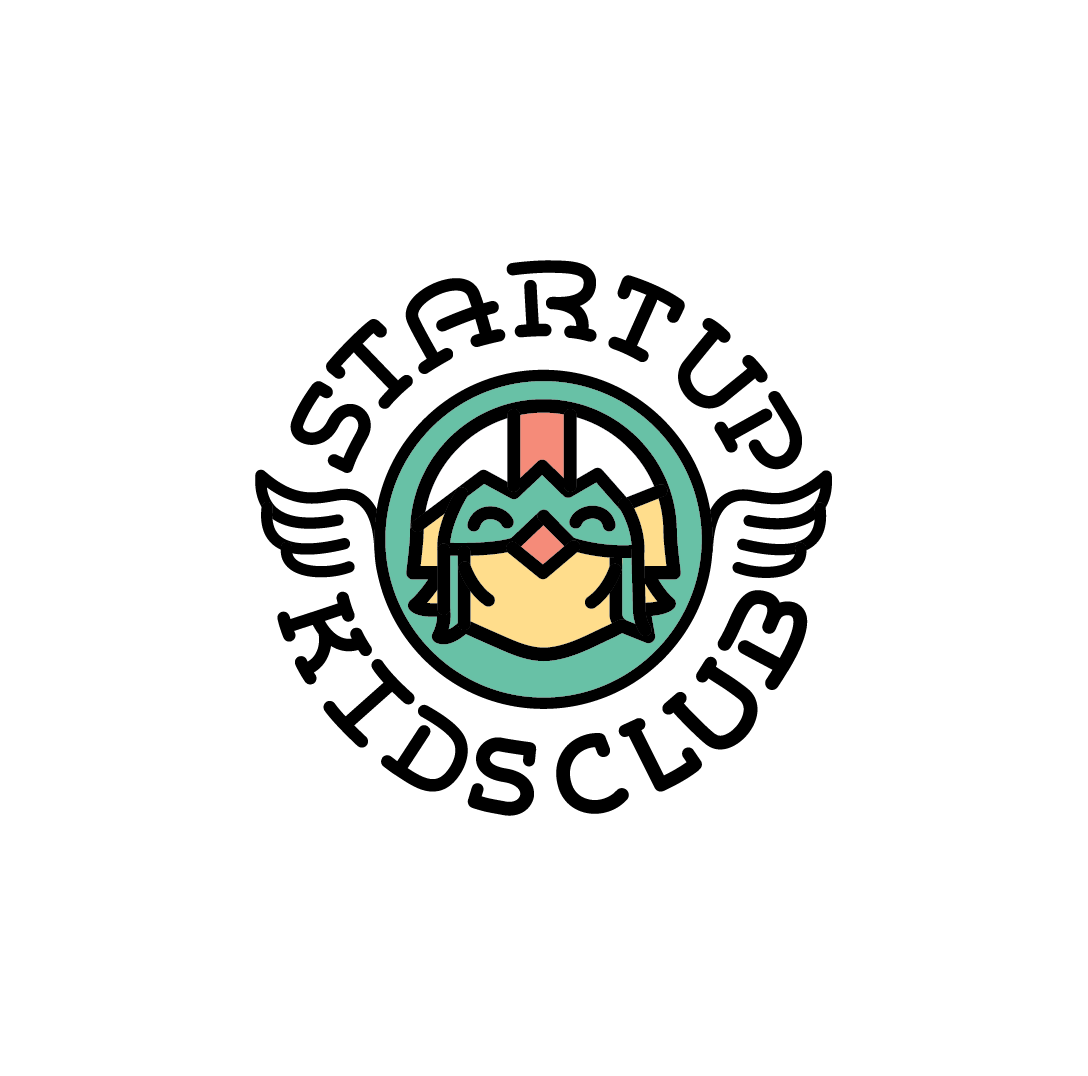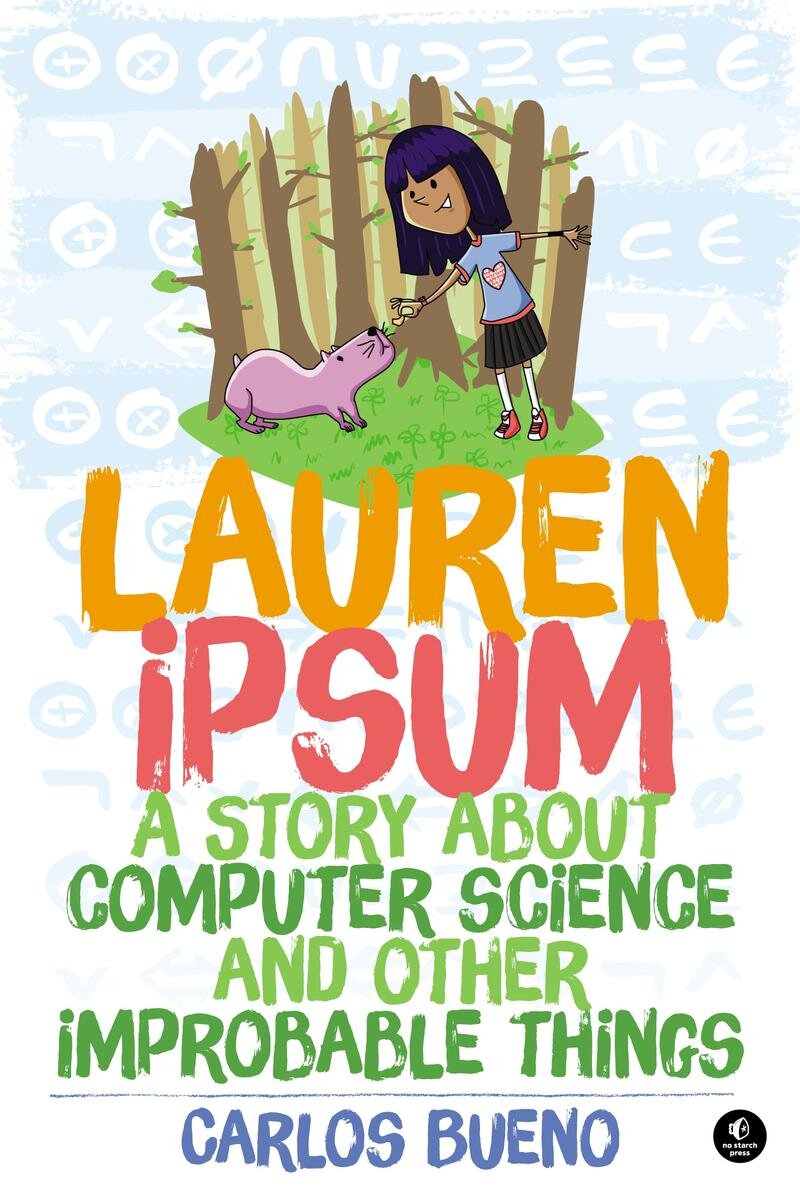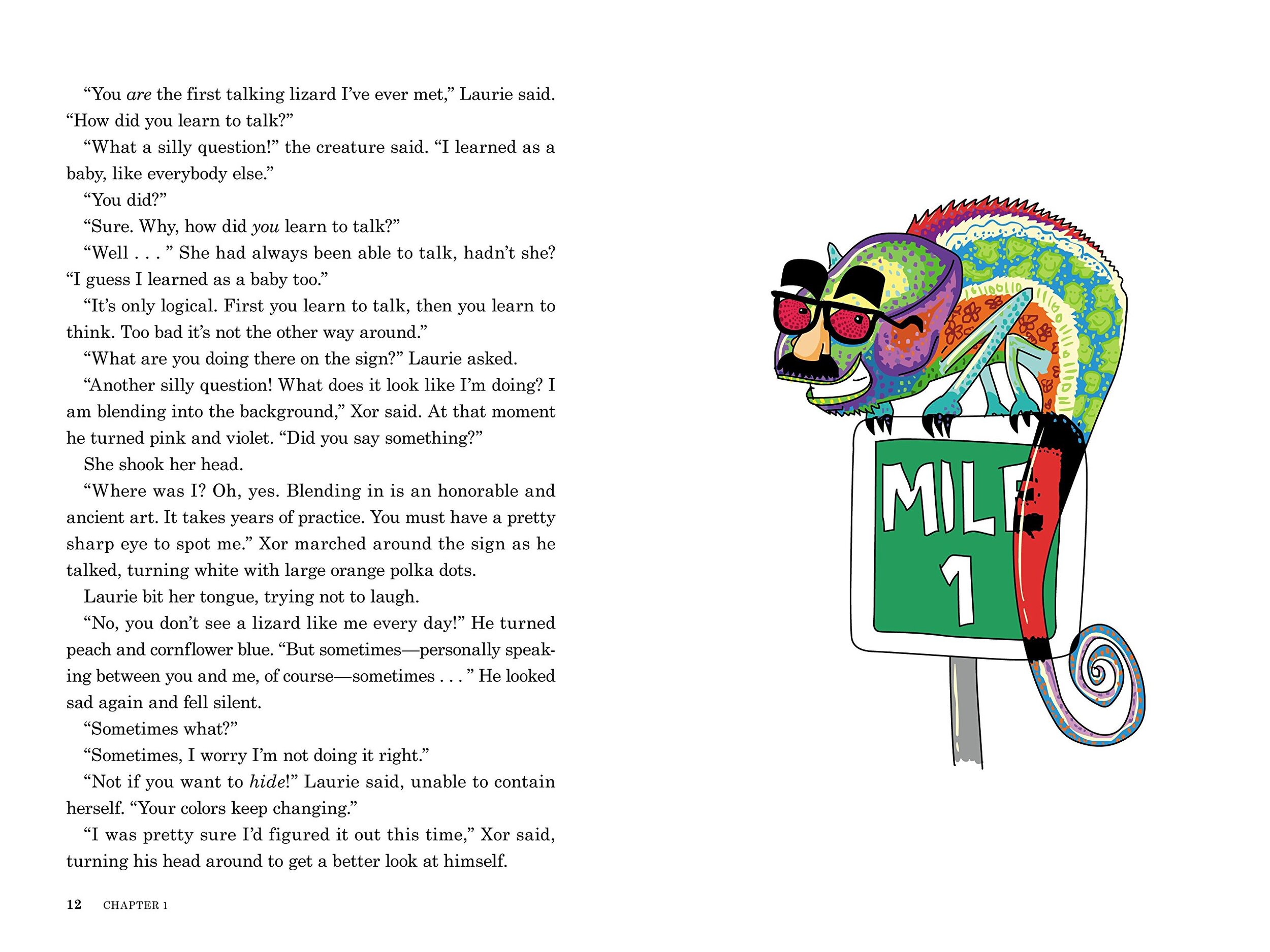Computer Science for Kids
Problem solving is an essential skill for life. When learning computer science, students study the design, development and analysis of software and hardware used to solve problems in a variety of business, scientific, and social contexts. As such, computer science drives innovation throughout the US economy, however it remains marginalized throughout K-12 education. Why is this, when kids are becoming more and more dependent on electronic devices for social and career success. It only makes sense that kids need to learn what enables their digital world and how to be a part of it. School teachers can tie computer science to any subject they teach in class to reinforce the learning and creativity. Because of the CSforAll initiative, curriculum and lesson plans are being shared among teachers to teach “computational thinking”.
Servane Demol, Founder and Executive Director of Code For Fun said, “Students’ lives are divided among three worlds: family, school and digital. In each of these worlds, we define rules, regulations so that they can evolve safely and become innovators. As they grow older, the digital world takes a larger place in their life. Safety along with computer literacy (how to become an intelligent consumer) is crucial. We also need to teach them how they can contribute to the digital world and be part of its growth. Computer Science provides them with the ability and skills to do so.”
One book we have found that helps kids become interested in computer science is LAUREN iPSUM: A Story About Computer Science and Other Improbable Things by Carlos Bueno, published by No Starch Press. Lauren Ipsum is a whimsical journey through a land where logic and computer science come to life. Meet Lauren, an adventurer lost in Userland who needs to find her way home by solving a series of puzzles. As she visits places like the Push & Pop Café and makes friends with people like Hugh Rustic and the Wandering Salesman, Lauren learns about computer science without even realizing it—and so do you! Read Lauren Ipsum yourself or with someone littler than you, then flip to the notes at the back of the book to learn more about logic and computer science in the real world.
Recommended for ages 10+ .
Ready to make a purchase? Shop through our Amazon affiliate link:
Contribution by Stephanie Threinen



